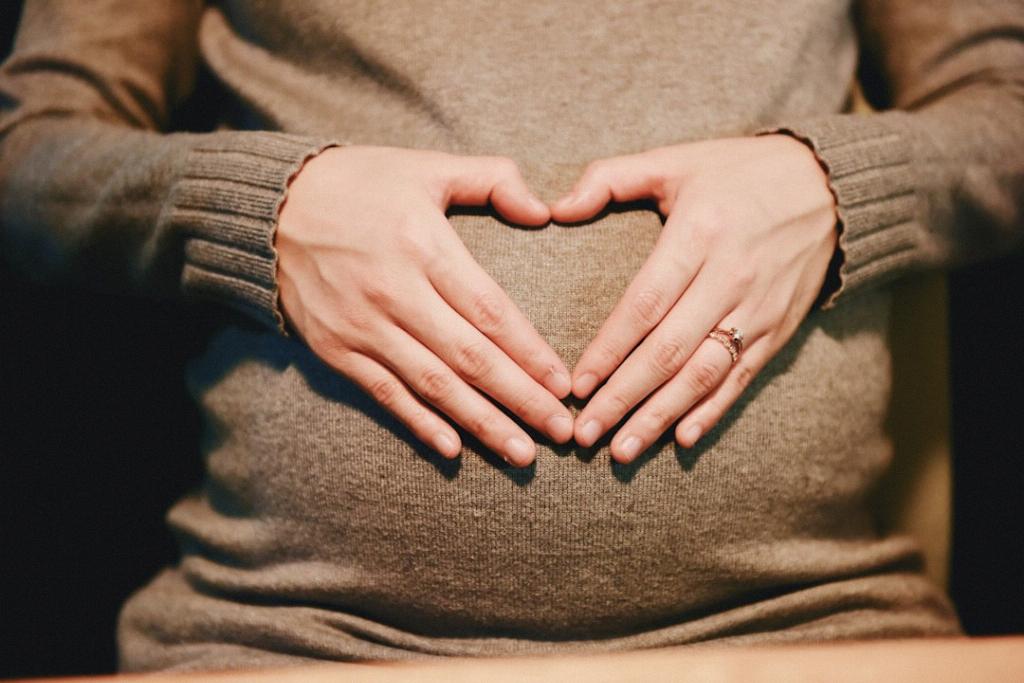When it comes to taking a pregnancy test at 9DPO, the accuracy of the result can be a bit uncertain. This is primarily due to the levels of human chorionic gonadotropin (hCG), the pregnancy hormone, not being sufficiently high at this early stage of pregnancy to be detected by most home pregnancy tests.
False-Negative Results
It is important to note that receiving a negative result on a pregnancy test at 9DPO does not definitively rule out the possibility of being pregnant. White, a known expert in the field, suggests that the levels of hCG may not be sufficiently elevated in the early stages of pregnancy, leading to false-negative test results.
Timing and Accuracy
Since hCG levels typically increase rapidly in the early stages of pregnancy, waiting a few more days before retesting can significantly improve the accuracy of the result. Testing too early, such as at 9DPO, may lead to misleading outcomes and unnecessary confusion for those trying to conceive.
Early Pregnancy Symptoms
Some women may experience early pregnancy symptoms even before a positive test result. These symptoms can include implantation bleeding, breast tenderness, nausea, and fatigue. However, these signs are not definitive proof of pregnancy and can vary from person to person.
When to Retest
For those who receive a negative result at 9DPO but suspect that they may be pregnant, it is advisable to wait a few more days before taking another test. Testing again around the time of your missed period or a few days after can provide more reliable results due to higher hCG levels.
Factors Affecting Test Results
Various factors can influence the accuracy of a pregnancy test, including the sensitivity of the test, the timing of ovulation, and individual hCG levels. Taking into account these variables is crucial when interpreting test results and avoiding unnecessary anxiety.
Consulting a Healthcare Provider
If there is uncertainty surrounding a negative test result at 9DPO or persistent pregnancy symptoms, consulting a healthcare provider can offer clarity and potentially confirm pregnancy through blood tests or ultrasounds. Medical guidance can provide the necessary reassurance and support during this crucial time.
Emotional Rollercoaster
Experiencing the ups and downs of fertility testing can take an emotional toll on individuals hoping to conceive. It is essential to prioritize self-care, seek support from loved ones, and communicate openly with a partner about feelings and expectations throughout the process.
Alternative Testing Methods
In cases where home pregnancy tests yield uncertain results, seeking confirmation through blood tests or clinical urine analysis can offer more definitive answers. These alternative methods provide a higher level of accuracy, especially in early pregnancy stages.
Patience and Positivity
Patience is key when navigating the complexities of fertility testing and early pregnancy detection. Maintaining a positive outlook, staying informed about the process, and being kind to oneself can help alleviate stress and promote overall well-being during this significant life milestone.
Support Networks
Joining support groups, online forums, or seeking counseling can connect individuals with others facing similar fertility challenges. Sharing experiences, receiving advice, and fostering a sense of community can make the journey towards parenthood a more manageable and less isolating experience.
Conclusion
In conclusion, while receiving a negative result on a pregnancy test at 9DPO is possible, it may not definitively indicate the absence of pregnancy. Understanding the limitations of early testing, staying informed about hCG levels, and seeking professional guidance when needed can pave the way for a smoother and more informed fertility journey.

